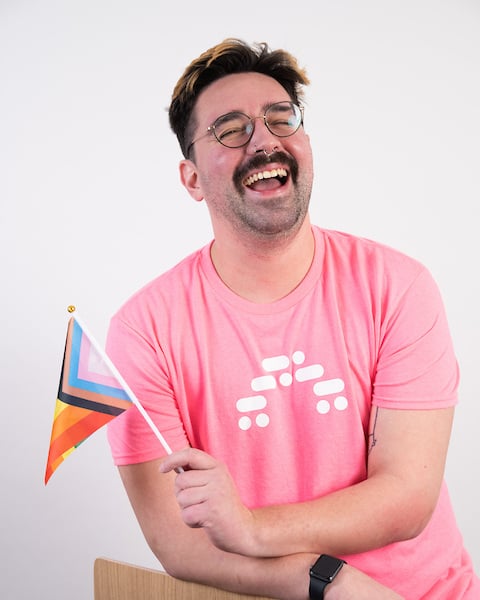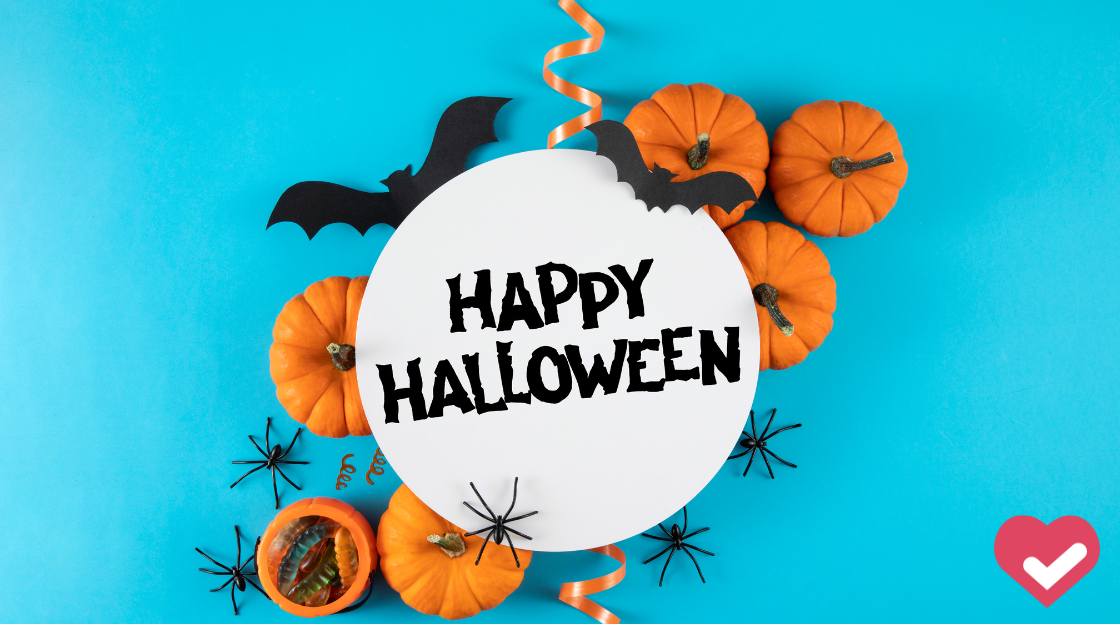This Halloween, as we embrace tales of ghosts and ghouls, we’re reminded that some of the most daunting “monsters” we face aren’t found in haunted houses—they live within us. Our HEART Employee Wellbeing Network recently hosted a session with Patrick Foster, who bravely confronted his own inner demons and shared his journey from addiction to recovery.
Patrick’s story isn’t just about battling a gambling addiction—it’s about facing the fears and darkness of mental health struggles. His honesty and practical advice gave us a chance to shed light on the shadows many people keep hidden. Here’s what we learned from his experience and how we can help ourselves and others navigate life’s darker moments.
Practical Tips for Slaying Your Own “Monsters” 🧙♂️
Whether it’s by starting a conversation, reaching out for help, or simply checking in with yourself, let’s all take small steps to slay the real “monsters” and support each other through life’s darker moments. Because sometimes, all it takes is a bit of light to banish the shadows.
🗣️ Talk About Your Feelings—Don’t Bottle Them Up
Addiction thrives in silence. The first step to overcoming any mental health issue is opening up to someone, whether it’s a friend, a family member, or a professional. “A problem shared is a problem halved." It’s okay to not be okay, and seeking help is a sign of strength, not weakness.
⏰ Don’t Wait for a Crisis—Address Issues Early
It’s crucial to act sooner rather than later. If you’re noticing that you’re turning to unhealthy coping mechanisms or feeling overwhelmed, Speak Up before it spirals out of control. Early intervention can prevent small issues from turning into big problems.
🔍 Look Out for Warning Signs in Yourself and Others
- What someone says: Are they expressing feelings of hopelessness, stress, or guilt more often?
- What someone does: Noticeable changes in behavior, mood swings, or withdrawing from social interactions can be red flags.
- How they feel: If someone is unusually anxious or seems to struggle with unpredictable emotions, it might be time to check in with them.
🏋️ Treat Your Mental Health Like Your Physical Health
Looking after your mental wellbeing isn’t just a reactive thing—it’s something you should be doing consistently, just like physical exercise. Set aside time for activities that nourish your mind, whether that’s meditation, journaling, or just having a chat with a loved one. Make it a part of your daily routine.
“Addiction Does Not Discriminate”: It Can Haunt Anyone 👻
Addiction and mental health struggles can happen to anyone—regardless of background, job, or lifestyle. It’s not about weakness or poor character; it’s a human condition. He reminded us to be compassionate with ourselves and others.
If it can happen to me, with all the support and opportunities I had, it can happen to anyone. - Patrick Foster
Healthy Coping Strategies—More Than Just a Quick Fix 🕯️
Patrick learned the hard way that finding sustainable, healthy ways to cope is crucial for recovery. Here are some of the techniques he shared that helped him, and can help anyone struggling:
- Stay active: Regular physical exercise boosts mood and helps manage stress.
- Set small, achievable goals: Break down larger tasks into manageable steps. Celebrate the little wins along the way.
- Prioritize sleep: He urged us to make sleep a priority, as good sleep hygiene significantly impacts mental health.
- Limit social media: Social media can contribute to anxiety and feelings of inadequacy. Set boundaries around its use.
- Stay connected: Whether it’s friends, family, or a support group, maintaining close relationships can be a lifeline. Remember, the opposite of addiction is connection.
Checking In: How to Help Someone Escape Their “Haunted House” 🎃
If you think a colleague, friend, or loved one might be struggling, Patrick’s advice was simple: Have the courage to start the conversation. It can be as straightforward as saying, “I’ve noticed you seem a bit different lately. Are you okay?”
Sometimes, all a person needs is to know someone cares.
Supporting someone doesn’t mean solving their problems. It means listening without judgment and helping them connect with the right resources.
Real Talk: What Are You Doing for Your Wellbeing? 🎭
Patrick left us with a powerful challenge: “What do you honestly do for your mental health on a daily basis?” It’s easy to get caught up in the demands of work and life, but taking even a few minutes each day to focus on your wellbeing can make a massive difference.
Start with just one positive action each day, like a short walk, a moment of mindfulness, or simply chatting with a friend. Small habits can have a big impact over time.
We believe that wellbeing should be at the HEART of everything we do. To discover how we prioritise mental health and create a supportive workplace culture, visit rg.co/careers. Your wellbeing matters—let's make it a priority together!
 Jesse Steele
Jesse Steele
